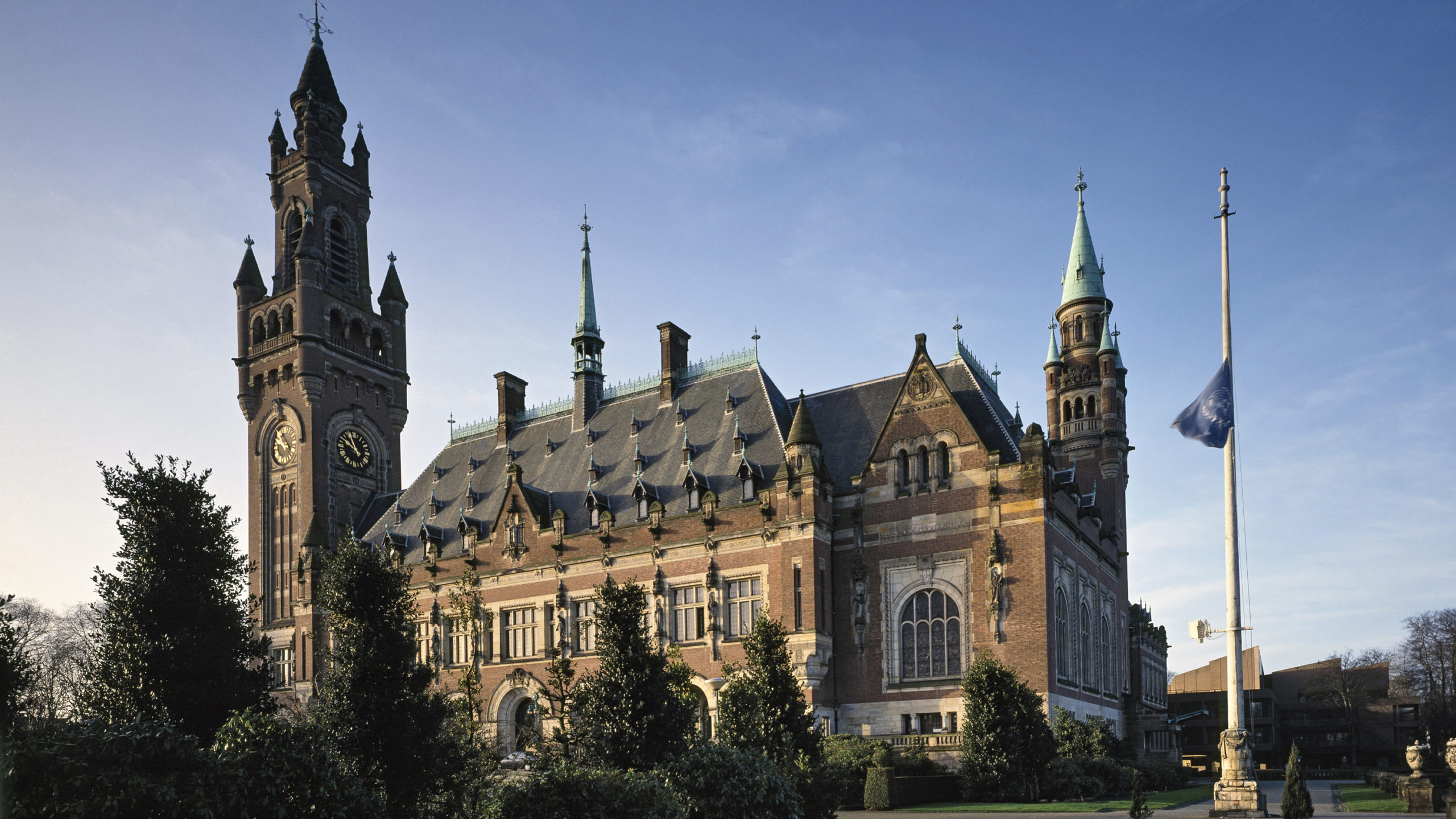International Court To Review Legality of Israel’s Occupation in Landmark Hearings
The International Court of Justice is set to hold historic hearings to examine the legality of Israel’s 57-year occupation of territories sought by Palestinians for a future state. This legal examination, which begins on Monday, marks a significant moment in the ongoing Israeli-Palestinian conflict and will see participation from an unprecedented number of countries. The hearings come at a time when Israel is intensifying its military operation in Gaza, but the focus of the court will be on the broader issues of the occupation of the West Bank, Gaza, and east Jerusalem.
Palestinian representatives will argue that Israel’s occupation violates international law, specifically pointing to the prohibition on territorial conquest, the infringement of the Palestinians’ right to self-determination, and the implementation of a system that they claim amounts to racial discrimination and apartheid. Omar Awadallah from the Palestinian Foreign Ministry expressed hope for a new perspective from the court, particularly on the issue of apartheid, drawing parallels to the system of racial discrimination implemented between 1948 and 1994 in South Africa.
This holiday season, give to:
Truth and understanding
The Media Line's intrepid correspondents are in Israel, Gaza, Lebanon, Syria and Pakistan providing first-person reporting.
They all said they cover it.
We see it.
We report with just one agenda: the truth.


While the court’s decision will not be legally binding, it is expected to have a significant impact on international jurisprudence, aid to Israel, and global public opinion. The case highlights the deep divisions and the complex nature of the Israeli-Palestinian conflict, with Israel likely to justify its actions on security grounds, especially given the lack of a peace agreement.
Israel’s annexation efforts and settlement expansion in occupied territories have been widely criticized, with the international community largely considering them illegal. The court’s proceedings are anticipated to put Israel’s policies under scrutiny, reflecting the global concern over the enduring conflict and the quest for a resolution that respects international law and the rights of all parties involved.

